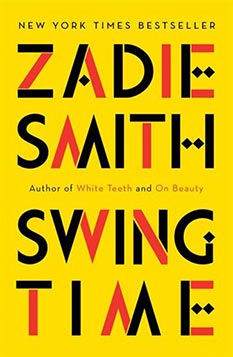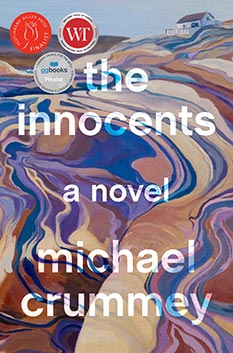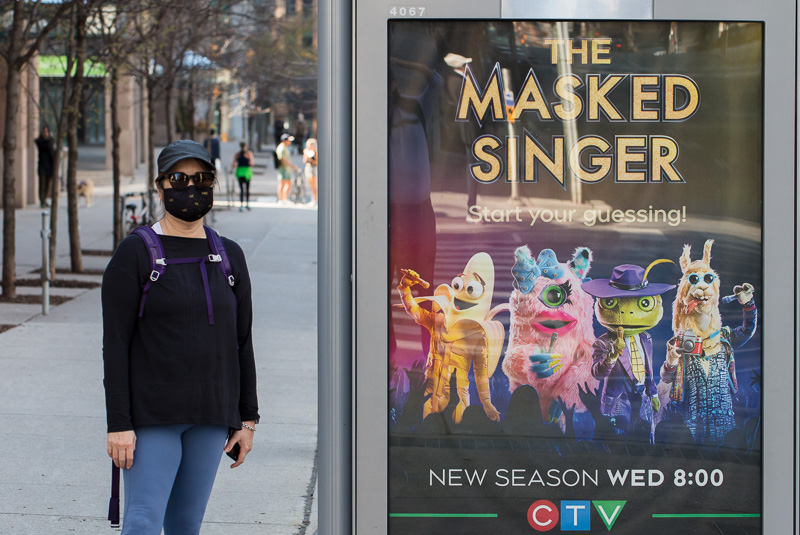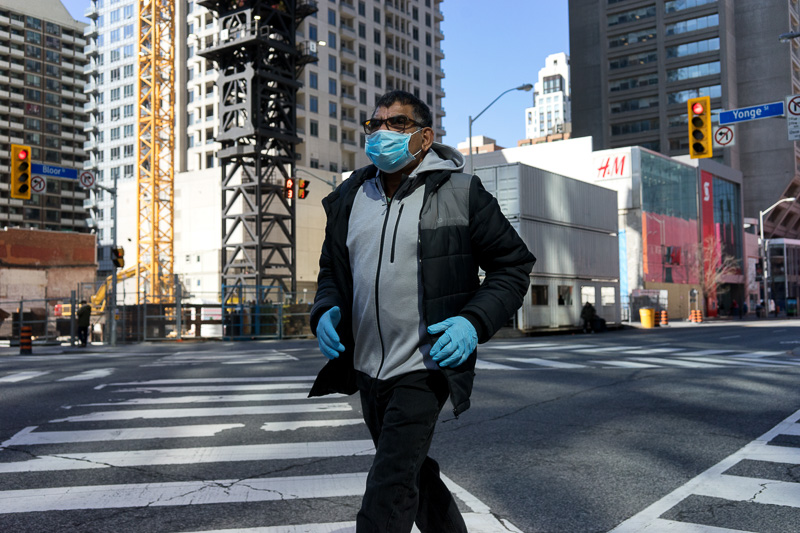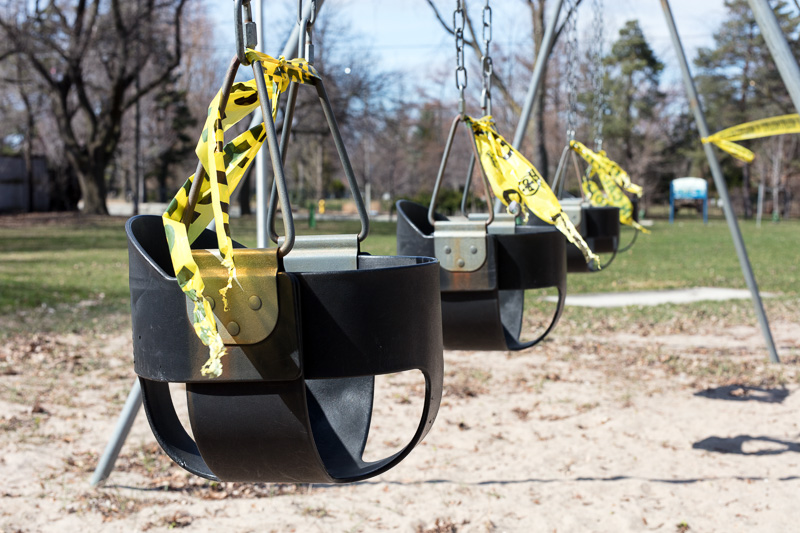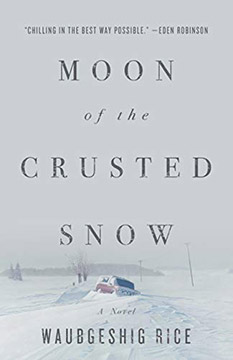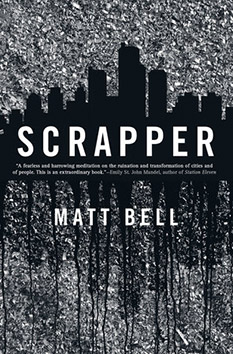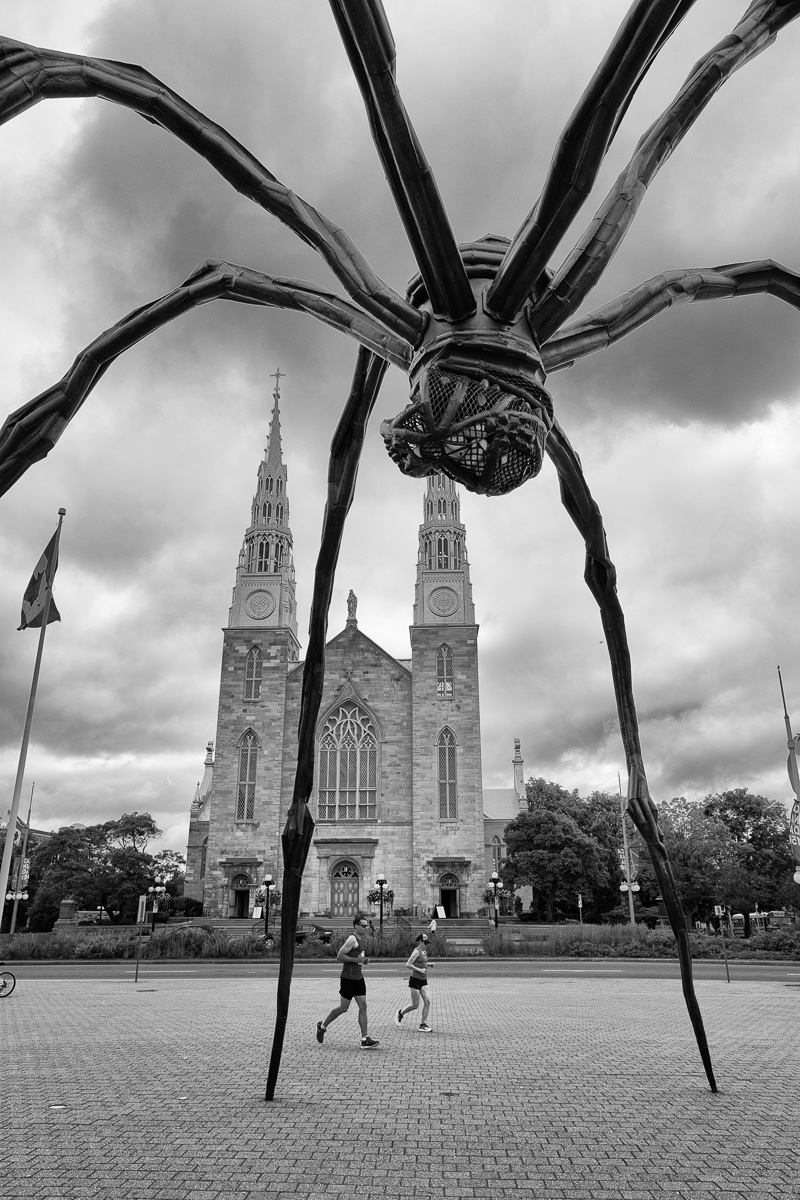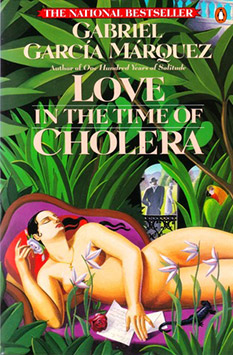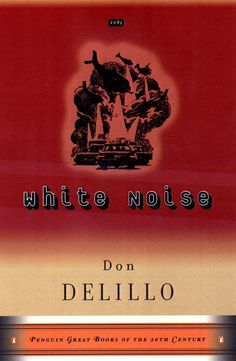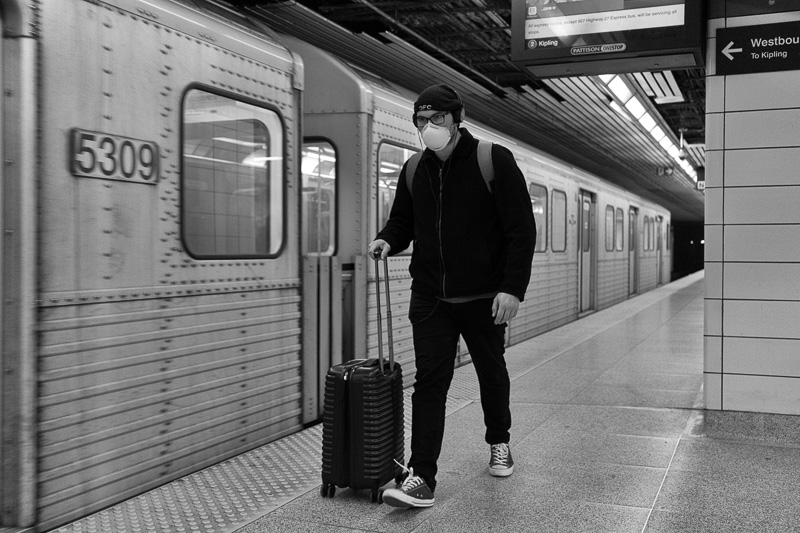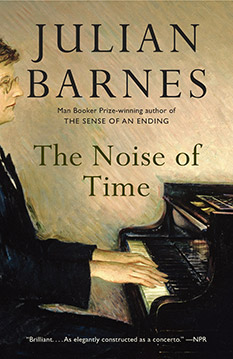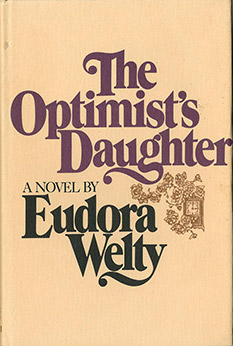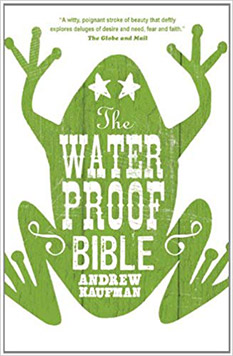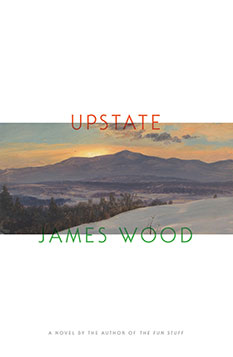The title shares its name with a 1936 musical featuring Fred Astaire and Ginger Rogers. One of the numbers is a Jerome Kern tune “Bojangles of Harlem” in which Astaire appears in blackface.
Tag: Novels
The Innocents, by Michael Crummey
Through The Innocents, Michael Crummey creates a microcosm in which the triangle of isolation, innocence and ignorance can be spun out as an allegory which speaks to us precisely in the here and now. He wrote it before Covid-19 so he could not have anticipated its salience to our current situation.
Station Eleven, Emily St. John Mandel
The latest instalment in my pandemic reading list speaks to all arts organization who find themselves in a state of limbo: Station Eleven, by Emily St. John Mandel.
A Journal of the Plague Year, by Daniel Defoe
Already, we engage in public conversations about returning to normal life. More than 350 years ago, the people of London learned a hard lesson which screams to us down the centuries: do not do this!
The Children Of Men, by P. D. James
I wonder how we will return to normal. Will we allow our children to play freely? Or will we regulate public play? Maybe the state won’t need to regulate childhood interactions. Maybe it will be enough for anxious parents to hover on the edges of our playgrounds.
Moon of the Crusted Snow, by Waubgeshig Rice
Moon of the Crusted Snow, by Waubgeshig Rice (ECW press) came to my attention with the life-imitates-art story on the CBC of a Quebec couple who drove to Whitehorse then flew from there to Old Crow, the Yukon’s northernmost community.
Scrapper, by Matt Bell
This time, what renders the novel dystopian is that it “imagines” America—or at least the heart of Detroit—as a post-industrial wasteland. I put the word “imagines” in quotation marks because, at this point in time, Matt Bell could write reportage instead of fiction and end up with the same book.
The War of the Worlds – Alien Invasion in the Age of Covid-19
Although The War of the Worlds, by H. G. Wells, concerns an alien invasion by Martians, it is nevertheless relevant in the context of a pandemic. Microscopic pathogens figure in the plot.
Love in the Time of Covid-19
In the human imagination, a disease is never just a disease, a plague is never just a plague. Humans cannot help but ascribe meanings that lie far beyond the medical descriptions of these events.
White Noise, by Don DeLillo
When power seeks to exploit disaster, we look to the arts for our prophetic voices, those who will ground authority by exposing folly and drawing us back to the centre. In White Noise, DeLillo does this through satire.
The Plague, by Albert Camus
To amuse myself during this period of Covid-19 isolation, I have started to work through a reading list of plague-based writings starting with Albert Camus’ 1947 novel, The Plague (La Peste).
The Noise of Time, by Julian Barnes
In this fictional account of a historical figure, Julian Barnes imagines how Shostakovich survived in Stalinist Russia. Barnes makes much of irony as a survival strategy, an ontological stance, a means of shielding one’s self from the solar glare of true belief.
Blindness in Eudora Welty’s The Optimist’s Daughter
I am determined to read all the novels and short stories of Eudora Welty, starting with The Optimist’s Daughter, for the simple reason that she is that rare bird: a novelist who is also a photographer.
The Waterproof Bible, by Andrew Kaufman
I bought a copy of The Waterproof Bible this summer in a Haliburton book store called Master’s Book Store. Naive person that I am, it never crossed my mind that the Master refers to Jesus and the book store is a Christian book store.
Upstate, by James Wood
Upstate concerns an aging property developer from Northumberland and his relationship with his two adult daughters.
